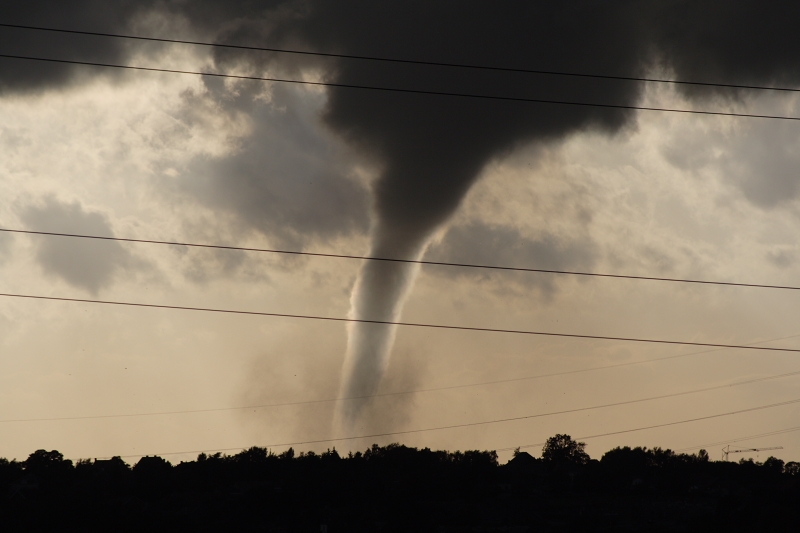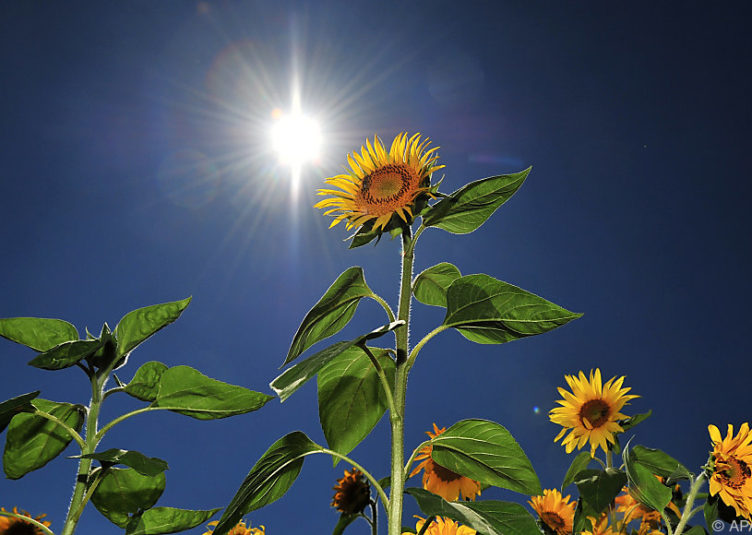


“ On this World Meteorological Day, let us recognize the value of early warnings and early action as critical tools to reduce disaster risk and support climate adaptation.”Ī view of Seoul in South Korea. “We must boost the power of prediction for everyone and build their capacity to act,” said the Secretary-General. Meanwhile, increasing moisture in the atmosphere is leading to extreme rainfall and deadly flooding, while ocean warming is fuelling more powerful tropical storms and rising sea levels. “In Africa, it is even worse: 60 per cent of people lack coverage.” Better forecastingĬlimate change has become a more stark reality in all parts of the world, leading to increasingly extreme weather, including intense heatwaves, droughts and forest fires. He said it was unacceptable that one-third of the world’s people – living mainly in least developed countries (LDCs) and small island developing States (SIDS) – are still not covered by early warning systems. The most recent report of the Intergovernmental Panel on Climate Change ( IPCC) details the ongoing suffering, as “each increment of global heating” further increases the “frequency and intensity of extreme weather events,” warned Mr Guterres. “That includes the information that allows us to anticipate storms, heatwaves, floods and droughts.” ‘Unacceptable’ inequity Spotlighting early warning and early action, he underscored: “ We must invest equally in adaptation and resilience.” The agency will lead the effort and present an action plan in November at this year’s UN climate conference ( COP 27) in Egypt.


 0 kommentar(er)
0 kommentar(er)
